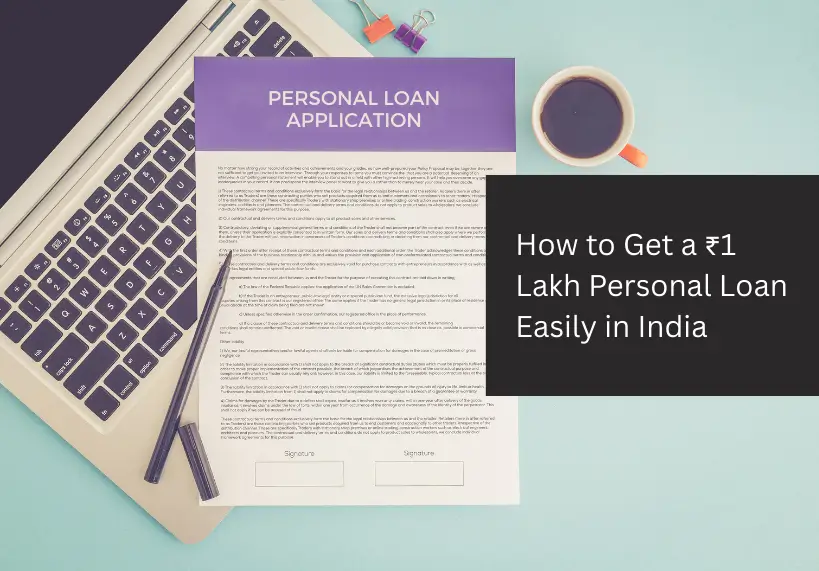
Overview
As the old adage goes, “ Money is the root of all evil.” While family property disputes may be the most common cause of financial problems among siblings, other financial difficulties can arise as well. Financial aid in the form of loans, as well as shared assets, have the potential to sour relationships, if they are not clearly laid out in written, signed agreements.
You may get an innocent request from your sibling to become a guarantor for a home or personal loan. On the face of it, there does not seem to be much of an issue but you would be better off reading the lender’s fine print regarding loan repayment conditions, liability in case of non repayment, etc before you agree to the request. Make sure you ask the relevant questions and know your position well before signing on the dotted line.
A Few Questions You Must Ask Before Being A Guarantor
1. What Is Your Potential Liability?
Your obligation will be determined by whether you are a financial or non-financial guarantor. While the former, like a borrower, is responsible for full legal repayment of the loan, the latter just serves as a conduit between the bank and the borrower to ease communication. Non-resident borrowers frequently seek such guarantors to have a local point of contact.
This means that if the borrower has defaulted or is unable to repay the loan and is unreachable, the bank will contact the non-financial guarantor solely to locate the borrower, rather than to demand repayment of the outstanding amount. A financial guarantor, on the other hand, will be responsible for paying the borrower’s total outstanding loan amount. If you’re compelled to do it for your brother, it would be difficult to maintain a good relationship in future.
2. How Is Your Sibling or Friend’s Credit And Financial Situation?
If a bank requests a guarantee, you should investigate the other person’s finances and track record. While each bank has its own policy on guarantors, they are often used when the loan amount exceeds a specific threshold or the bank has worries about the borrower’s capacity to repay the loan owing to a poor credit score, poor financial status, or inconsistent income.
So, before you agree to assist your sibling or friend, make sure he or she is financially stable, has a good credit score, and is capable of repaying the loan on his own. If you don’t, you’ll have to pay the outstanding default amount. It is prudent to know what you are getting into. If you are uncomfortable, you are better off by refusing at the outset.
3. Will It Have An Impact On Your Credit Score Or Loan Eligibility?
If you choose to be a financial guarantor, be aware that it will have the same effect on your credit record and loan status as it does on your sibling’s or friend’s. So, if your sibling defaults on personal loan EMIs or makes late payments, it will show up on your credit report, creating a roadblock if you wish to take up a loan later.
Furthermore, the amount of the personal loan will be determined by the loan for which you are a guarantee. If you are a guarantor for a Rs 10 lakh personal loan and wish to take a Rs 40 lakh home loan based on your income restriction, the bank will only give you Rs 30 lakh. This would not only jeopardise your financial ambitions, but it will also strain your relationship with your sibling or friend. Nobody likes to have their financial situation or credit line jeopardised by another. It is always better to be aware of potential issues than to repent later.
4. Do You Think You’ll Be Able To Get Out In The Middle?
Understand that being a guarantor for a loan with a long term, say a personal loan for 5 years, is a long-time commitment. You won’t be able to avoid accountability until you can offer the bank a replacement. An excellent solution is to have the sibling/friend get a house loan EMI insurance policy, which provides coverage for missing or unpaid EMIs.
It’s also a good idea to get your sibling/friend to provide some secondary collateral, which will lessen your exposure in the event of a default. Keep these things in mind to avoid your relationship suffering if your sibling’s financial situation worsens. Covering your back in every way possible is a prudent strategy and will stand you in good stead.
Who Is A Guarantor?
In simple terms, a guarantor on a loan is someone who promises to be legally responsible (accountable) for the repayment of the borrower’s obligation in the event of default. So, if your friend can’t or won’t pay, you’ll have to pay back the money you borrowed.
What Happens If The Borrower Defaults?
You can request that the bank sell the asset that was purchased with the personal loan and collect the money. You can also pay the dues in order to save the asset. You could potentially take out a loan if you don’t have the necessary finances. That, however, is the worst-case situation. It is good to be aware of the worst-case scenario and see whether you can stomach that before entering into a guarantor agreement. Unless you are 100% sure of such a situation not arising in future, it is best to avoid it.
How Can Becoming A Guarantor Affect You?
The Impact On Your Credit History Is As Follows:
Your credit report will show that you are a loan guarantor. Banks can even use your credit report as a guarantee for a legitimate application. If the borrower defaults on the loan, this information will appear on your credit report as well.
Impact On Your Loan Prospects In The Future:
Your personal loan eligibility is lowered when you agree to be a loan guarantor for someone. If you’re a guarantor for someone, the bank will normally limit your eligibility to the amount of guarantee you’ve given because the liability can be transferred to you if the original borrower defaults.
Becoming a Personal Loan Guarantor is a responsibility for another’s debt. It is advisable to know the details completely and make an informed decision.
LoanTap offers personal loans from INR 50,000 – INR 10,00,000 for time frames ranging from 6 months to 60 months. Interest rates start from 18%p.a. The loans come with flexible repayment plans that can be selected according to the borrower’s convenience. For all your personal loan needs, please visit https://loantap.in/ and we will be happy to guide you.
Related articles – The Benefits Of Having A Joint Loan Account With Your Partner








